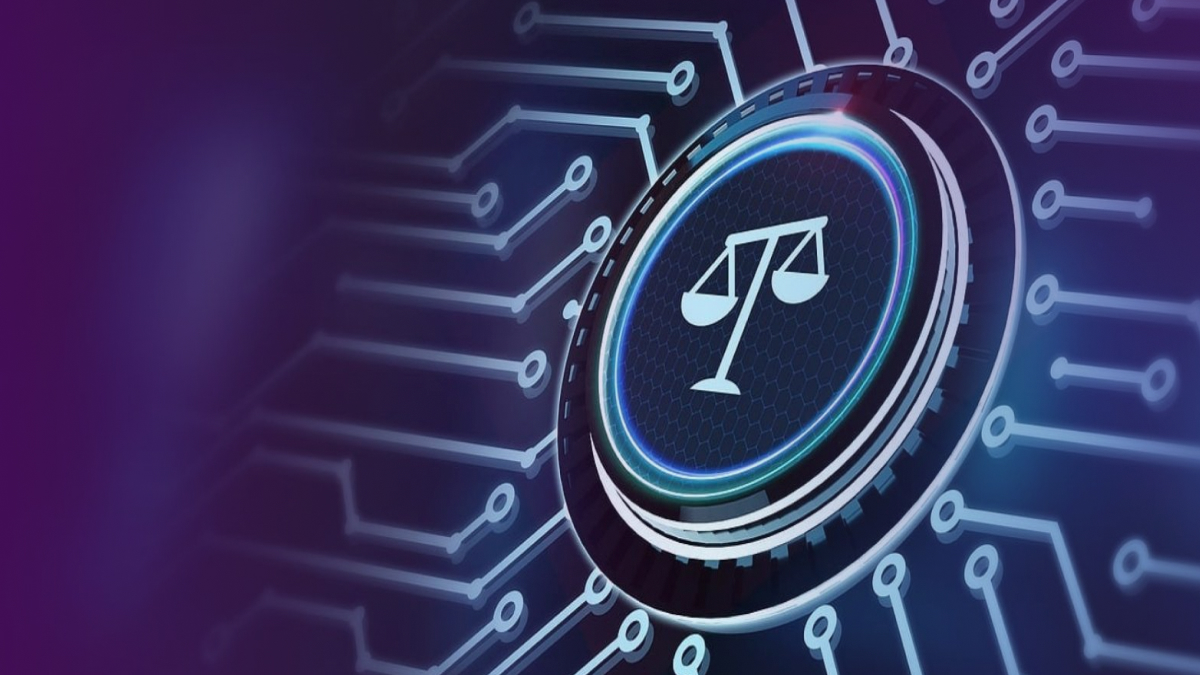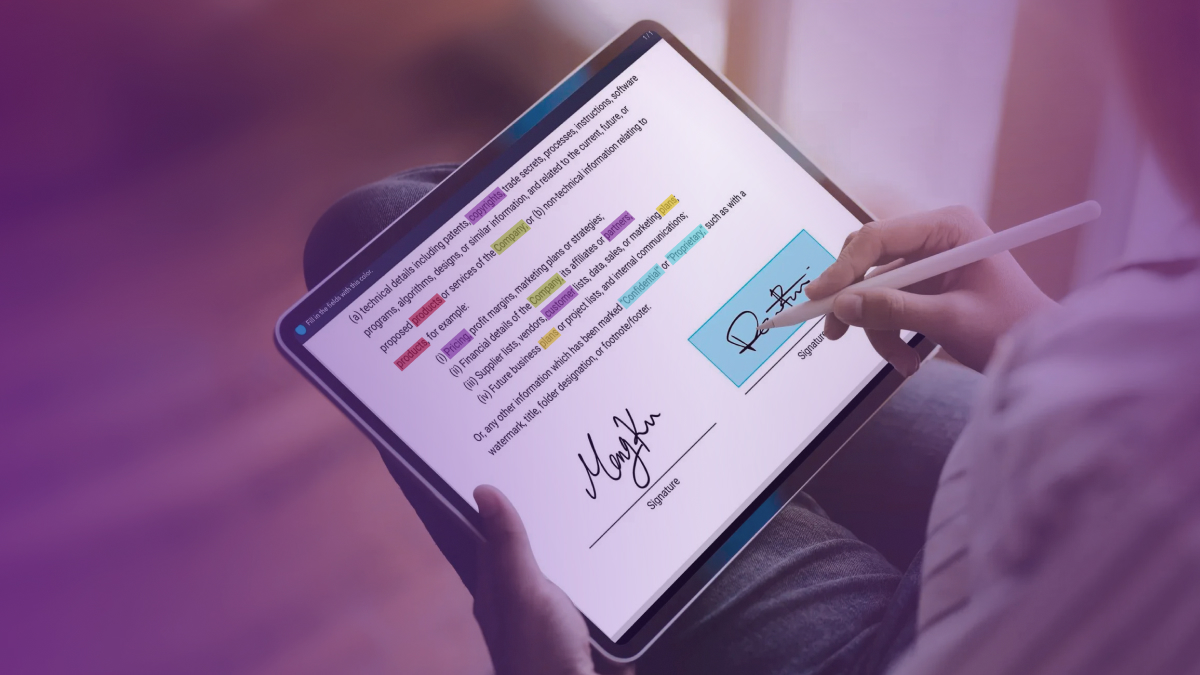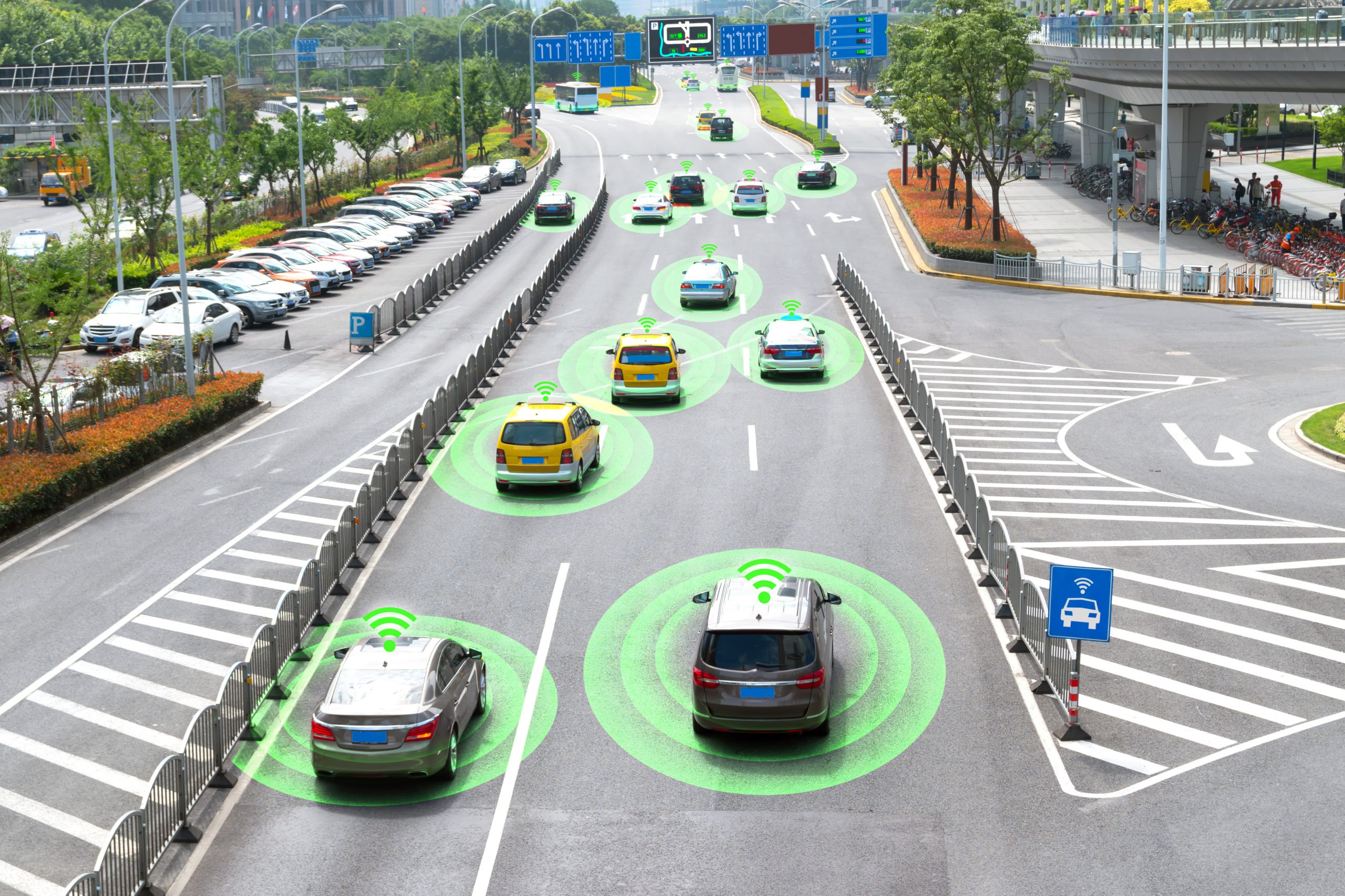How OCR Can Save Legal Practices Time on Routine Tasks
Category: AI Insights
Published date: 30.01.2023
Read time: 7 min
Artificial Intelligence (AI) is disrupting almost every industry and profession, some faster and more profoundly than others. Even though the legal area is not a vertical we generally associate with AI, there are many opportunities to automate redundant tasks and increase efficiency. In this article, we will talk about some of the ways legal firms can implement AI technology in their company and the data annotation required to train them.

Double-Checking Legal Documents
Attorneys are already using AI, and especially Machine Learning (ML), to review contracts more quickly and consistently, spotting issues and errors that may have been missed by human lawyers. There are startups that provide a service that can review contracts faster, and in some cases more accurately, than humans.
For some time, algorithms have been used in discovery — the legal process for identifying the relevant documents from an opponent in a lawsuit. Now, ML is also being used in this effort. One of the challenges of requesting and locating all the relevant documents is to think of all the different ways a topic may be described or referenced. At the same time, some documents are protected from scrutiny, and counsel (or the judge) may seek to limit the scope of the search so as not to overburden the producing party. ML threads this needle using supervised and unsupervised learning.
Improving Legal Research
Conducting research on a case can be very time-consuming given the deluge of information and the ever-increasing amount of law on the books, but also all of the secondary sources that could be helpful to attorneys. This explosion in information contributes to the second major problem facing legal researchers – the crisis of confidence when it comes to the accuracy and reliability of research results. After all, given the volume of information out there, how can you really be sure that you found all of the needed information?
Thanks to AI, there are AI-powered legal search engine that not only returns relevant documents but also provides highly responsive suggestions that answer thousands of types of black-letter-law questions, which can really be helpful if you’re doing research in an unfamiliar jurisdiction or topic or if you need to get an answer quickly while on the phone. It can also help researchers formulate the right questions, thus helping lawyers find that elusive issue or decision, the thing “on the tip of their tongue” that they can’t think of at the moment – which is just one way that Westlaw Edge saves attorneys time and increases their confidence in their research.
An AI Lawyer
Recently, an “AI lawyer” was developed, which was supposed to make its legal debut in February of this year. The AI was supposed to help a human defendant fight a traffic ticket in court. However, the company that created the AI robot decided to drop the effort after receiving threats of possible prosecution and jail time. Here’s how it was supposed to work: The person challenging a speeding ticket would wear smart glasses that both record court proceedings and dictate responses into the defendant’s ear from a small speaker. The system was powered by a few leading AI text generators, including ChatGPT and DaVinci.
However, as rumors got out about a possible AI defense, the company started receiving letters from district attorneys about the legal problems associated with their effort. However, while there are still legal hurdles to overcome, AI technology appears to be very advanced, and perhaps in the future, we might see an AI defense attorney.
What Types of Data Annotation are Needed to Create AI for the Legal Industry

The types of data annotation will depend on the functionalities the AI product will need to have. If we take a look at the first tool, which checks legal documents, it needs to spot mistakes made by human lawyers and writers. This means that optical character recognition would be needed, which includes things like text transcription. Basically, data annotators would need to draw a bounding box around a word and assign it a value such as first name, city, law, etc. Document parsing and entity extraction might also be necessary so the system can detect items of particular interest.
The legal research AI tool would need extensive text annotation work to be done. This includes things like taking parts of speech, phrases, and named entity recognition. Entity linking would also need to be done, which is the process of connecting those entities to larger repositories of data about them.
Finally, with the AI lawyer, this AI product would need to understand human speech, which requires data annotation for natural language processing. Beyond text classification and categorization, this product would require audio transcription, where data annotators take audio files and time stamp the needed speech data, including the transcription of specific pronunciation and intonation, along with the identification of language, dialect, and speaker demographics. Every use case is different, and some require a very specific approach: for example, the tagging of aggressive speech indicators and non-speech sounds like glass breaking for use in security and emergency hotline technology applications.
Trust Mindy Support With All of Your Data Annotation Needs
Mindy Support is a global company for data annotation and business process outsourcing, trusted by Fortune 500 and GAFAM companies, as well as innovative startups. With nine years of experience under our belt and offices and representatives in Cyprus, Poland, Romania, The Netherlands, India, OAE and Ukraine, Mindy Support’s team now stands strong with 2000+ professionals helping companies with their most advanced data annotation challenges.




